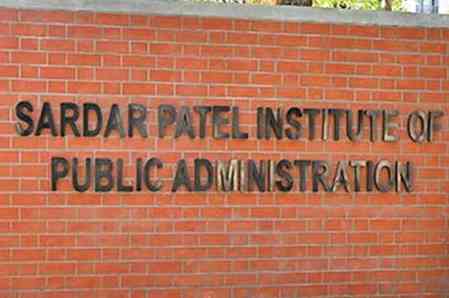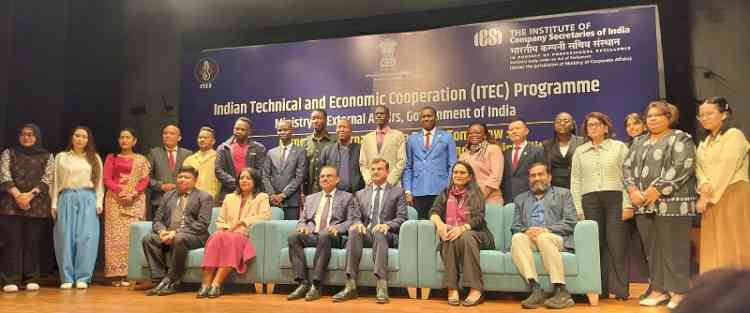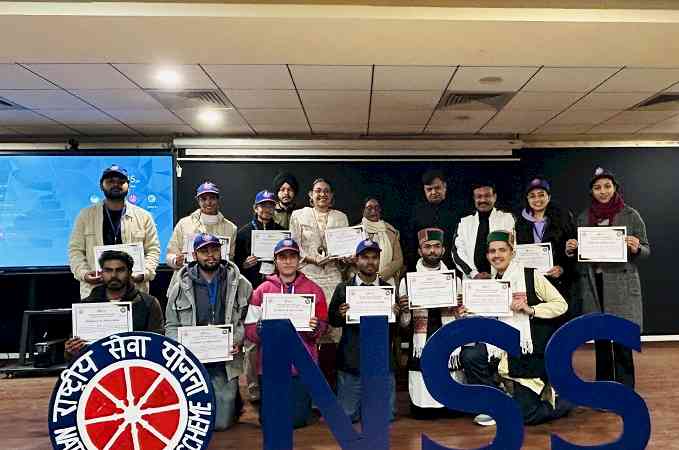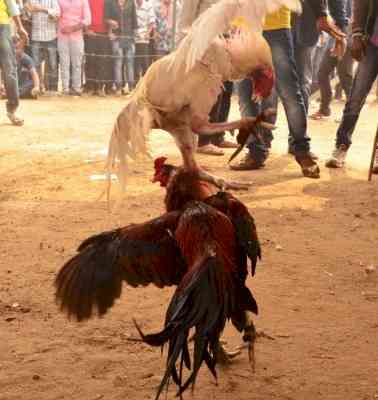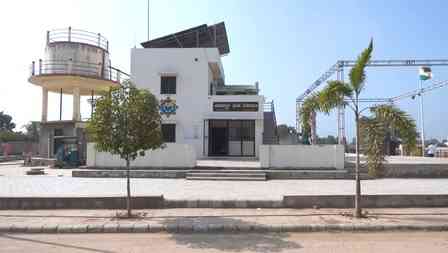International Day of Biodiversity celebrated at PAU
This day is celebrated every year on May 22

Ludhiana: The Department of Forestry and Natural Resources, Punjab Agricultural University (PAU), organized a knowledge forum to mark the International Day of Biodiversity. Based on the theme “We're part of the solution #For Nature,” the programme was held with the financial support of Punjab Biodiversity Board under National Biodiversity Authority, Punjab State Council for Science and Technology, Chandigarh. This day is celebrated every year on May 22 to increase the understanding and awareness of biodiversity values, utilization and conservation issues.
On the occasion, Dr NS Bains, Director of Research, PAU, stressed upon raising and conserving indigenous trees.
Dr Bains and Dr Ashok Kumar, Estate Officer, PAU, planted the saplings of Rohida (Tecomella undulata) at University Seed Farm, Ladhowal and in the premises of University Health Centre, respectively. Rohida is an endangered tree in the state and requires concerted efforts for its multiplication. The Department of Forestry and Natural Resources is producing plants of Rohida and already all the Krishi Vigyan Kendras have raised its plants at their office premises. On this day, a total of 760 plants of 15 different species were planted.
In his welcome address, Dr SK Chauhan, Professor and Head, Department of Forestry and Natural Resources, called for conserving biodiversity and the lesser known plants for their future use. The less economic species may find some use in future, he added.
During the technical session, three resource persons comprising Dr Viktor Bruckman from Austrian Academy of Science, Vienna; Dr Satish Narkhede, Dapoli, Maharashtra; and Dr Adarsh Vig, Guru Nanak Dev University, Amritsar, Punjab spoke on the importance of biodiversity and related the issue with sustainable goals. Dr Bruckman, while sharing his experience on long term project on conservation efforts in Gaurishankar area of Nepal, observed that biodiversity conservation through local initiates was the key to success. “In the prevailing COVID-19 situation, pressures on the village land in hilly states is increasing and efforts must be made to learn from the local farmers to sustain agriculture and put science into action. Changes in land use pattern should be done carefully after intelligent assessment of social, economic and ecological consequences,” he said.
Dr Narkhede explained the importance of Triveni, Panchbati and Nakshatra gardens (navgraha vatika and rashi vatika) and said that solutions were in nature.
Dr Vig emphasized on discouraging exotics in favour of indigenous trees.
Concluding the technical session, Dr S Amatya, IUFRO Coordinator (Agroforestry), highlighted the importance of forest biodiversity and its domestication. Observing that it was eroding very fast, he said that local biodiversity was the first victim of habitat destruction. He also emphasized on being vocal on locals and giving practical shape to popular slogans on environmental issues including biodiversity conservation. Dr Amatya suggested studying the indigenous systems’/farmers’ practices to realize the benefits of the science to meet the sustainable development goals.
Dr HS Saralch, a PAU expert, proposed a vote of thanks. The department also organised poster and slogan competition for undergraduate and postgraduate students. Dr Rajni Sharma, Dr Nisha Vashist and Dr Anil Sharma were the judges for the competition. Mr Vibhu Vaid, Mr Gurwinder Singh, Mr Karanbir Singh, Mr Risham and Mr Arya Sharma were felicitated for their efforts in projecting their minds on the posters.
All the participants also offered heartiest condolences on the death of a renowned environmentalist Sh Sunderlal Bahuguna, who remained closely associated with famous Chipko movement in Uttarakhand.


 cityairnews
cityairnews 
